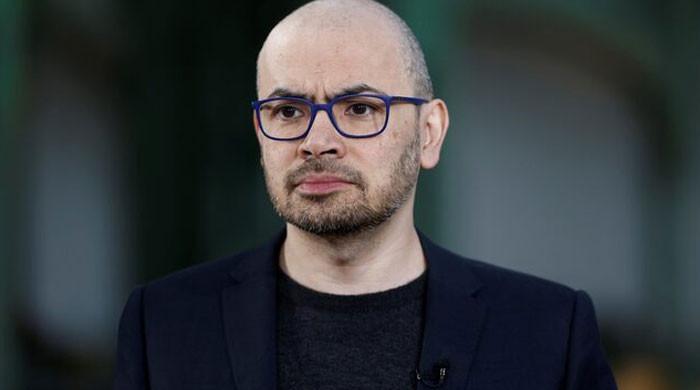London: The pioneer of artificial intelligence and head of Deepmind de Google, Demis Hassabis, said Monday that greater international cooperation was needed around the regulation of AI but “difficult” to achieve “in the current geopolitical context.”
At a time when AI is being integrated in all industries, its uses have raised the important ethical questions, from the propagation of erroneous information to its impact on employment or loss of technological control.
At the South By Southwest (SXSW) Festival in London on Monday, Hassabis, who won a Nobel Prize for Chemistry for his research on AI, also approached the challenges that artificial general intelligence (AGI), a technology that could match and even overcome human capacity.
“The most important thing is that it must be an international form of cooperation because technology is at all borders. It will apply to all countries,” said Hassabis.
“Many, many countries are involved in the research or construction of data centers or in the organization of these technologies. Therefore, I think that for anything it is significant, there must be some kind of international cooperation or collaboration, and unfortunately that looks quite difficult in the current geopolitical context,” he said.
At the Summit of Paris in February, 58 countries, including China, France, India, the European Union and the African Union Commission, requested better coordination on AI governance.
But the United States warned of “excessive regulation”, with the vice president of the United States, JD Vance, saying that he could “kill a transformative sector.”
Together with the United States, the United Kingdom refused to sign the appeal of the summit for an “open”, “inclusive” and “ethical” AI.
Hassabis advocated Monday for the implementation of “intelligent and adaptable regulation” because “he needs to adapt to where technology ends and which ends up being the problems.”




